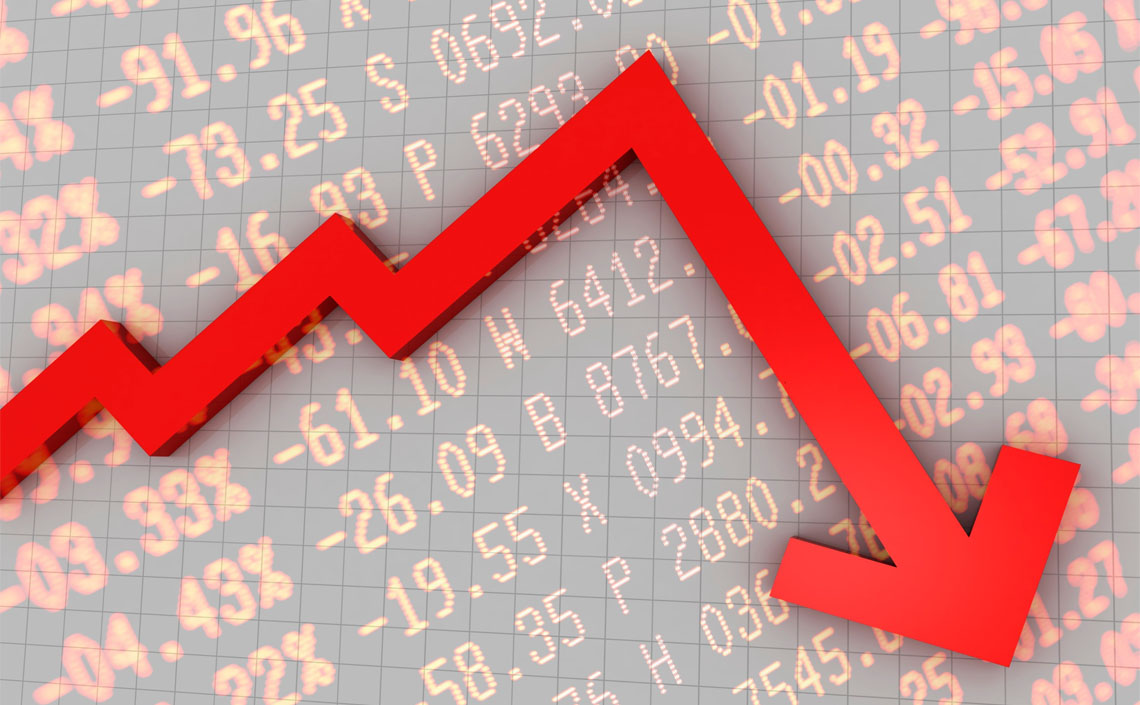
The crude oil prices dropped below $50/barrel today, January 6, their lowest since April 2009. It raised worries over global growth slowdown.
The tumbling European and US stock markets, spread to Asia today with Japan’s Nikkei dropping 3%, its largest fall in almost 10 months and South Korea’s Kospi Composite falling by 1.27%. Oil & gas, realty, metal, capital goods were among the worst hit. Power, consumer durables, banking shares also witnessed sharp selling.
The 30-share Sensex ended down 854.86 points or 3.1% at 26,987.46 and the 50-share Nifty ended down 251.05 points or 3% at 8,127.35. On July 6, 2009, the Sensex had slumped 869.65 points while the Nifty had ended 258.55 points lower.
Oil prices have dropped nearly 55% in value since June 2014, and show no signs of recovering, especially if US weekly oil inventory numbers continue to stay high. Saudi Arabia has already ruled out production cuts. Another factor is the strengthening of US dollar. US dollar is inversely proportional to the price of oil, so if it becomes stronger, oil loses its importance as a “store of value”.
The basic question is that why have the stock prices been affected?
Because of political and economic uncertainty in Greece and overall Europe, and low demand from some of the world’s top oil consumers such as China; this oil price reduction is being seen as an indication of slower (GDP) growth and deflation around the world. IMF had reduced the rate of growth of global economy in 2015 to 3.8% in October 2014, down from its July forecast of 4%.
Oil contributes majorly to growth in almost all economies of the world. It is utilized in a variety of industries and the heavy use of oil symbolizes positive development. However, a sudden drop in oil demand, suggests lack of expectation in consumption of these end products by users. Low demand shall mean low supply which shall further push oil prices to lower levels. Low sales result in lesser output, resulting in labour cuts and cheaper availability of capital. Labour cuts will again cause low demand for end products, and it turns into a vicious cycle.
This vicious cycle affects stock markets by way of negative sentiments and lower anticipation of growth potential, which are the key drivers of investments. From India”s economic viewpoint, lower oil prices will help in reducing the costs for many industries, and also further reduction in inflation.
But for the country”s equity markets, it might be a difficult time for the short term. Value investors could use this current market scenario and correction as an opportunity to find stocks with high potential and low valuations, and pile up their portfolios with value stocks for good long term gains.







